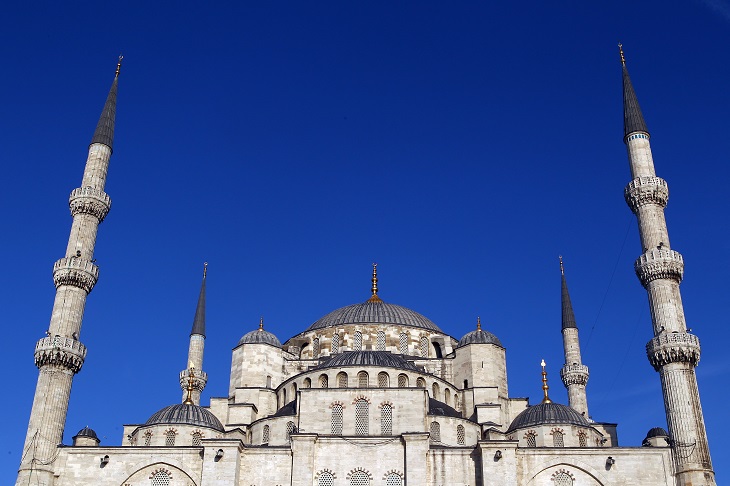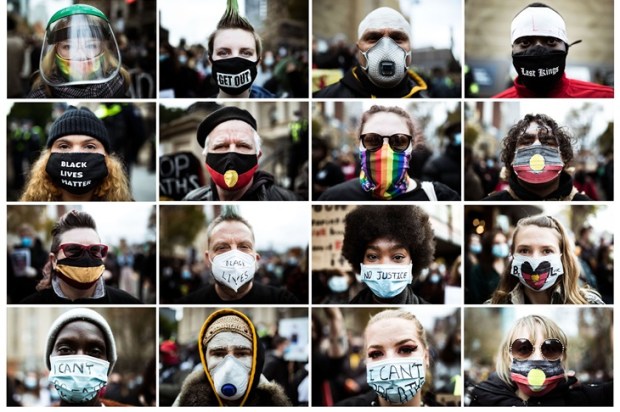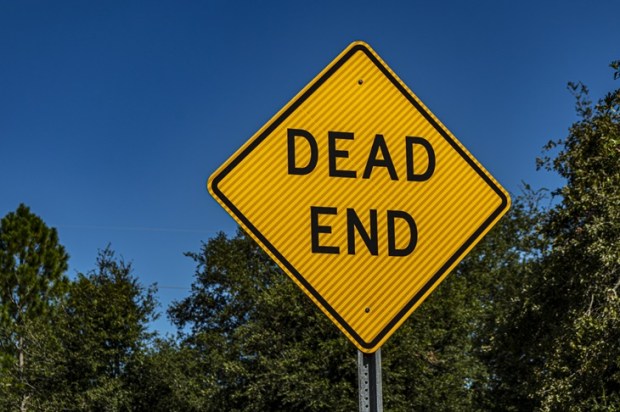Few cities stir the adventurer’s soul as Istanbul – that vast, sprawling mass straddling Europe and Asia which acts as a strategic key to the Dardanelles, Bosphorus, and the Black Sea.
From the name changes of Byzantium to Constantinople, Istanbul’s history is almost as ancient (though not quite) as Australia’s.
War has been a regular companion.
Once the terminus of the Orient Express, it is also readily accessible by road and air straight into Europe’s troublesome spots.
Florence Nightingale established her pioneering hospital in Istanbul to treat Britain’s Crimean War casualties.
Because of its unique location, war correspondents based in Istanbul covered multiple Eastern European conflicts over millennia, sending their dispatches from the city to their audiences across the globe.
Opportunity knocks but infrequently, and when pro-Chechen gunmen took up to 100 people hostage at a luxury Istanbul hotel in April 2001, I found myself in the perfect situation to establish my credentials as a foreign news correspondent.
It was two days before Anzac Day, and the Australian pilgrimage group I was leading was staying nearby.
Shots had been fired as the gunmen stormed the hotel late Sunday evening, becoming the lead item on the BBC World Service internet news channel.
At Monday morning’s hotel breakfast (bread, olives, tomatoes, non-descript cheese, Tang reconstituted ‘orange’ juice, and strong coffee) my companions were fearful lest they wake the following morning only to discover they had all been slain overnight in their beds.
I reassured them Turkish authorities would have it well under control, with the incident isolated by armed counter-terrorism police, and that life as they knew it would be unaffected.
My mobile phone rang.
It was late afternoon in my Brisbane newsroom and the chief of staff was confirming I was in Istanbul.
‘There’s a hotel siege in Istanbul,’ he said. ‘Is it near you, and can you pop down and send us some colour?’
We set off with another unsuspecting couple and were able to walk through the heavily armed cordons unchallenged, arriving just as the ‘terrorists’ decided cowardice was the better part of principle and surrendered.
Lacking today’s ubiquitous communications devices, I ducked into a nearby internet café to prepare my copy.
The keyboard was slightly different, but all the right letters seemed to be present, and I filed from my mobile email account.
I could envisage the by-line on page one, broadsheet lead, when such publications allowed serious news coverage, From our Istanbul correspondent, Ross Eastgate.
Fame and free drinks loomed large in my future, until my mobile phone rang again.
‘What time is it there?’
‘About 9.30 in the morning,’ I responded.
‘What are you on?’ asked the chief of staff.
‘Nothing, bit early for a libation yet, why?’
‘Because your copy is alphabet soup and is causing considerable amusement here. The view is you’ve had a long day, and overindulged on exotic stimulants!’
It transpired that when the visionary first President and Gallipoli victor Kemâl Atatürk Romanised Turkey’s Arabic written script, special keys were needed to represent the country’s 29-letter alphabet.
What had appeared to me as vaguely sensible lettering on a keyboard and screen had been rendered digital gibberish during transmission.
Far from joining the pantheon of famous war Istanbul correspondents, I was rapidly becoming a figure of well-deserved derision.
The copytakers barely contained their mirth as I recreated my scoop over the phone, and it would take me a long time to live it down.
Now, Turkey’s contemporary conservative dictator Recep Tayyip Erdoğan wants the world to adopt the local spelling of his country, Türkiye, which is how locals have represented it since the declaration of the republic in 1923.
Good on him!
I now travel with a notebook computer and digital camera and can write and file from wherever there is WiFi access, including hotels and in transit on tourist coaches and trains.
I learned my lesson and don’t wish to come across as a complete turkey ever again.
Got something to add? Join the discussion and comment below.
Get 10 issues for just $10
Subscribe to The Spectator Australia today for the next 10 magazine issues, plus full online access, for just $10.


























Comments
Don't miss out
Join the conversation with other Spectator Australia readers. Subscribe to leave a comment.
SUBSCRIBEAlready a subscriber? Log in